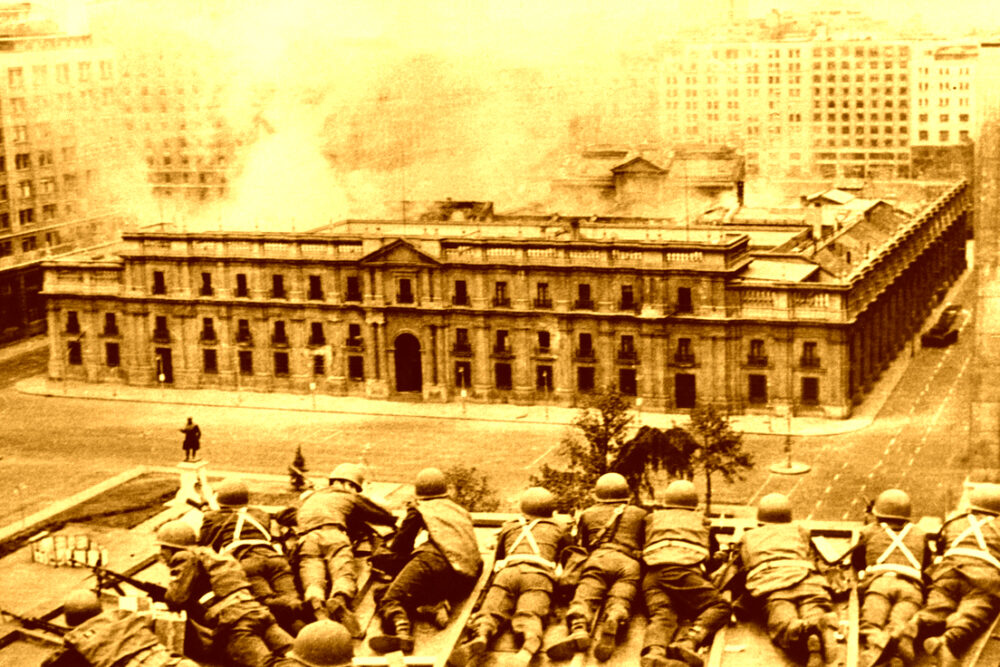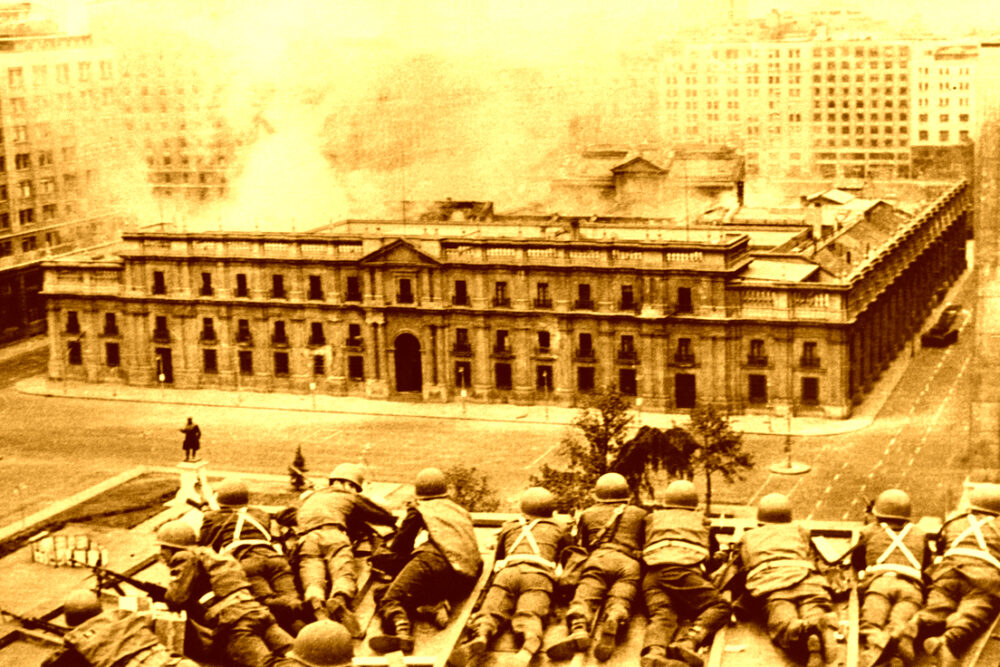[ESP]
¡Hola, comunidad de Hive! 👋
Hoy vamos a abordar un tema filosófico intrigante: la paradoja de la libertad. A primera vista, parece que más libertad es siempre algo positivo, pero este concepto desafía esa idea, mostrando cómo la libertad absoluta puede, de hecho, llevar a la limitación de la libertad para todos. En esta publicación, analizaremos la paradoja de la libertad, su impacto en la sociedad y cómo podemos encontrar un equilibrio entre la libertad individual y el bien común. 🤔⚖️
La Paradoja de la Libertad: El Concepto en Cuestión 📜
La paradoja de la libertad, también conocida como la paradoja de la tolerancia en ciertos contextos, fue discutida por filósofos como Platón y Karl Popper. La idea central es que una libertad sin restricciones puede llevar a que los más poderosos o los más agresivos utilicen su libertad para oprimir a los demás, creando un entorno donde la libertad real se ve socavada.

Principales Ideas:
- La libertad absoluta puede permitir la opresión o el abuso de poder por parte de unos pocos.
- Para proteger la libertad de todos, es necesario imponer ciertas limitaciones que eviten que los derechos de unos sean vulnerados.
- El equilibrio entre la libertad individual y el bien común es fundamental para una sociedad justa.
Ejemplos Clásicos: Cuando la Libertad se Vuelve Destructiva 🏛️
Un ejemplo común de la paradoja de la libertad es el de las leyes y regulaciones en la sociedad. Si no existieran reglas o normas, algunas personas podrían aprovechar esa falta de control para actuar de manera egoísta o dañina, perjudicando a los demás. Sin embargo, demasiadas restricciones también pueden sofocar la creatividad y la autonomía individual.
Tendencias:
- Anarquía: En un sistema sin leyes ni autoridad, los individuos más fuertes podrían imponerse sobre los más débiles, eliminando la libertad para muchos.
- Libertinaje: La ausencia total de reglas puede llevar a un caos donde los derechos fundamentales de las personas no están protegidos.
- Control excesivo: En el extremo opuesto, una sociedad con demasiadas restricciones puede sofocar la libertad personal y la innovación.
La Libertad y la Democracia: Un Delicado Equilibrio ⚖️
En las democracias modernas, se busca un equilibrio entre la libertad individual y las regulaciones que garantizan la convivencia y el respeto mutuo. Esta tensión se ve en debates sobre temas como la libertad de expresión, los derechos civiles y las políticas de seguridad.
Aplicaciones:
- Libertad de expresión: ¿Dónde trazamos la línea entre permitir el libre discurso y limitar el odio o la violencia verbal?
- Derechos y responsabilidades: La libertad de una persona termina donde comienza la de otra. * ¿Cómo equilibramos estos derechos en una sociedad diversa?
- Políticas de seguridad: ¿Hasta qué punto las restricciones en nombre de la seguridad pública están justificadas para no comprometer libertades fundamentales?
La Paradoja de la Tolerancia: La Necesidad de Limitar el Abuso 🚨
Un caso particular de esta paradoja es lo que el filósofo Karl Popper llamó la paradoja de la tolerancia. Según Popper, si una sociedad es completamente tolerante, eventualmente será destruida por los intolerantes, quienes no respetarán esa misma libertad. Esto sugiere que, para mantener una sociedad libre, es necesario no tolerar la intolerancia.
Cuestiones Clave:
- ¿Cómo podemos garantizar que la tolerancia no conduzca a la destrucción de una sociedad libre y abierta?
- ¿Qué medidas son necesarias para proteger la libertad sin caer en la represión de las ideas contrarias?
- ¿Es posible evitar que los principios de libertad sean explotados por aquellos que buscan abusar de ellos?
Libertad y Responsabilidad: Dos Caras de la Misma Moneda 🎭
La paradoja de la libertad también nos recuerda que la libertad siempre debe ir acompañada de responsabilidad. Las personas deben ser libres para actuar, pero también deben asumir las consecuencias de sus acciones. En una sociedad donde todos actúan sin tener en cuenta el impacto de sus decisiones en los demás, la libertad colectiva se ve comprometida.
Reflexiones Personales:
- En nuestras propias vidas, ¿cómo equilibramos la libertad con la responsabilidad hacia los demás?
- ¿Deberían nuestras acciones estar guiadas únicamente por nuestros deseos individuales o también por el bien de la comunidad?
Filosofía y Libertad en la Vida Cotidiana: Practicando el Equilibrio 👥
La paradoja de la libertad no es solo una cuestión teórica. También se refleja en nuestras relaciones cotidianas y decisiones diarias. Desde la forma en que interactuamos con los demás hasta cómo respetamos las reglas sociales, la libertad individual debe estar equilibrada con el respeto por la libertad de los demás.
Acciones Sugeridas:
- Respeta las reglas que promueven el bienestar de todos, incluso cuando parezcan limitar tu libertad personal.
- Reflexiona sobre cómo tus decisiones pueden afectar la libertad de quienes te rodean.
Fomenta un diálogo abierto donde las diferentes opiniones sean escuchadas, pero también promueve el respeto y la empatía.
📢 ¡Gracias por reflexionar sobre la paradoja de la libertad conmigo! 📘
Espero que esta reflexión te haya dado una nueva perspectiva sobre cómo la libertad absoluta puede tener límites necesarios para proteger la libertad de todos. Si tienes pensamientos sobre este tema o ejemplos de cómo lidias con la paradoja de la libertad en tu vida, ¡compártelo en los comentarios! 📝
🔔 No te pierdas nuestras futuras publicaciones, donde seguiremos explorando temas filosóficos que afectan nuestras decisiones y acciones cotidianas. 🌐
🤝 Únete a nuestra comunidad para compartir tus ideas y debatir sobre el equilibrio entre la libertad individual y el bien común. 💬
📷 Comparte tus reflexiones: ¿Qué crees que es más importante, la libertad individual sin restricciones o un equilibrio que proteja a todos? ¡Queremos conocer tu perspectiva! 🛠️
🌟 Sigue reflexionando y actuando: Mantente activo en Hive para continuar explorando ideas sobre la libertad, la justicia y la responsabilidad social. 🚀✨
¡Hasta la próxima, y sigue explorando los límites y potenciales de la libertad! 🗽⚖️
[ENG]
Hello, Hive community! 👋
Today we're going to tackle an intriguing philosophical topic: the paradox of liberty. At first glance, it seems like more freedom is always a good thing, but this concept challenges that idea, showing how absolute freedom can, in fact, lead to the limitation of freedom for everyone. In this post, we'll look at the paradox of liberty, its impact on society, and how we can find a balance between individual freedom and the common good. 🤔⚖️
The Paradox of Liberty: The Concept in Question 📜
The paradox of liberty, also known as the paradox of tolerance in certain contexts, was discussed by philosophers such as Plato and Karl Popper. The central idea is that unrestricted freedom can lead to the most powerful or the most aggressive using their freedom to oppress others, creating an environment where real freedom is undermined.

Main Ideas:
- Absolute freedom can allow oppression or abuse of power by a few.
- To protect the freedom of all, it is necessary to impose certain limitations that prevent the rights of some from being violated.
- The balance between individual freedom and the common good is fundamental to a just society.
Classic Examples: When Freedom Becomes Destructive 🏛️
A common example of the paradox of freedom is that of laws and regulations in society. If there were no rules or norms, some people could take advantage of that lack of control to act selfishly or harmfully, harming others. However, too many restrictions can also stifle creativity and individual autonomy.
Trends:
- Anarchy: In a system without laws or authority, stronger individuals could impose themselves on weaker ones, eliminating freedom for many.
- Libertinism: The complete absence of rules can lead to chaos where people's fundamental rights are not protected.
- Excessive control: At the opposite extreme, a society with too many restrictions can stifle personal freedom and innovation.
Freedom and Democracy: A Delicate Balance ⚖️
In modern democracies, a balance is sought between individual freedom and regulations that guarantee coexistence and mutual respect. This tension is seen in debates on issues such as freedom of expression, civil rights, and security policies.
Applications:
- Freedom of expression: Where do we draw the line between allowing free speech and limiting hate or verbal violence?
- Rights and responsibilities: One person's freedom ends where another's begins. * How do we balance these rights in a diverse society?
- Security policies: To what extent are restrictions in the name of public safety justified so as not to compromise fundamental freedoms?
The Paradox of Tolerance: The Need to Limit Abuse 🚨
A particular case of this paradox is what philosopher Karl Popper called the paradox of tolerance. According to Popper, if a society is completely tolerant, it will eventually be destroyed by the intolerant, who will not respect that same freedom. This suggests that, in order to maintain a free society, it is necessary not to tolerate intolerance.
Key Questions:
- How can we ensure that tolerance does not lead to the destruction of a free and open society?
- What measures are necessary to protect freedom without falling into the repression of contrary ideas?
- Is it possible to prevent the principles of freedom from being exploited by those who seek to abuse them?
Freedom and Responsibility: Two Sides of the Same Coin 🎭
The paradox of freedom also reminds us that freedom must always be accompanied by responsibility. People must be free to act, but they must also bear the consequences of their actions. In a society where everyone acts without regard to the impact of their decisions on others, collective freedom is compromised.
Personal Reflections:
- In our own lives, how do we balance freedom with responsibility toward others?
- Should our actions be guided solely by our individual desires or also by the good of the community?
Philosophy and Freedom in Everyday Life: Practicing Balance 👥
The paradox of freedom is not just a theoretical issue. It is also reflected in our everyday relationships and daily decisions. From the way we interact with others to how we respect social rules, individual freedom must be balanced with respect for the freedom of others.
Suggested Actions:
- Respect the rules that promote the well-being of all, even when they seem to limit your personal freedom.
- Reflect on how your decisions can affect the freedom of those around you.
Encourage open dialogue where different opinions are heard, but also promote respect and empathy.
📢 Thank you for reflecting on the paradox of freedom with me! 📘
I hope this reflection has given you a new perspective on how absolute freedom can have necessary limits to protect the freedom of all. If you have thoughts on this topic or examples of how you deal with the paradox of freedom in your life, please share in the comments! 📝
🔔 Don't miss our future posts, where we will continue to explore philosophical topics that affect our everyday decisions and actions. 🌐
🤝 Join our community to share your ideas and debate the balance between individual freedom and the common good. 💬
📷 Share your thoughts: What do you think is more important, unrestricted individual freedom or a balance that protects everyone? We want to hear your perspective! 🛠️
🌟 Keep reflecting and acting: Stay active on Hive to continue exploring ideas about freedom, justice, and social responsibility. 🚀✨